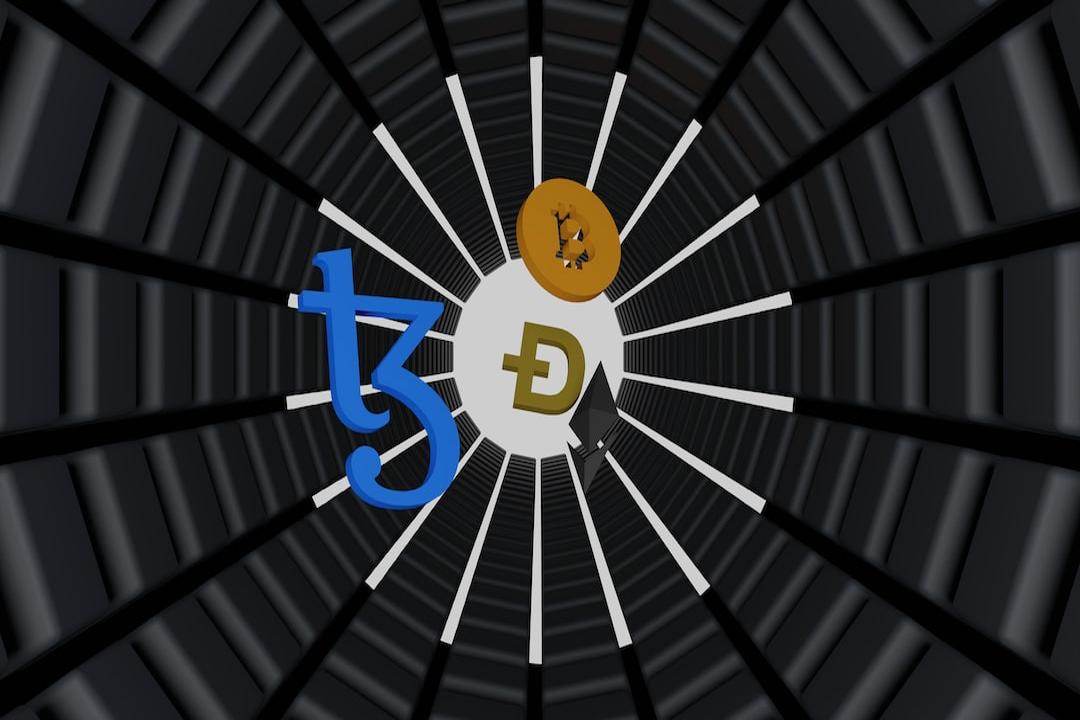Update on July 3 at 11:30 am UTC: This article has been revised to make clear that the license pertains to Robinhood Crypto.
Robinhood has now extended its cryptocurrency services to Hawaii, Puerto Rico, and the U.S. Virgin Islands, as announced by the brokerage platform on July 2, following a significant regulatory change by Hawaii’s Department of Commerce and Consumer Affairs (DCCA).
On June 28, the regulatory body in Hawaii declared that providers of cryptocurrency services no longer require a money transmitter license to operate within the state. This development represents a substantial victory for the industry, particularly considering that Hawaii is known for having one of the most stringent financial regulatory environments in the United States, alongside California and New York.
Robinhood Crypto is exploring the possibility of utilizing Bitstamp to introduce crypto futures trading for customers in the United States and Europe, as per a recent report by Bloomberg.
Moreover, Robinhood had previously agreed to acquire Bitstamp for $200 million in June, with the aim of expanding its services to institutional clients. Although the acquisition by Robinhood is pending finalization and is anticipated to conclude in 2025.
Upon unveiling the agreement, Johann Kerbrat, Robinhood’s general manager of crypto, stated that the company’s strategic moves are in response to the growing demand from clients for cryptocurrency offerings.
Despite being well-liked for its commission-free trading approach and user-friendly interface, Robinhood continues to be embroiled in controversy, particularly due to accusations of market manipulation during the meme stock frenzy of 2021, where shares such as GameStop and AMC experienced extraordinary surges fueled by heightened investor enthusiasm.
Unfortunately, the core fundamentals of the businesses linked to meme stocks often have little connection to the buzz generated on social media that propels these stocks to unprecedented highs.
In a lawsuit from 2021, investors alleged that the platform restricted access to these stocks at the peak of the meme craze, resulting in what they claimed to be billions of dollars in losses. Robinhood justified its actions by asserting that the imposed trading restrictions were necessary to safeguard individuals and the platform from increased market volatility.
More recently, in May, Robinhood revealed that it was close to reaching a settlement with the plaintiffs, although the specific terms of the settlement were not disclosed.
Featured in a magazine: ‘Bitcoin Layer 2s’ Turn Out Not to be Actual L2s: The Significance Explained.
Robinhood Crypto expands its availability to include Hawaii and select territories in the United States
No Comments2 Mins Read
Related Posts
Add A Comment

